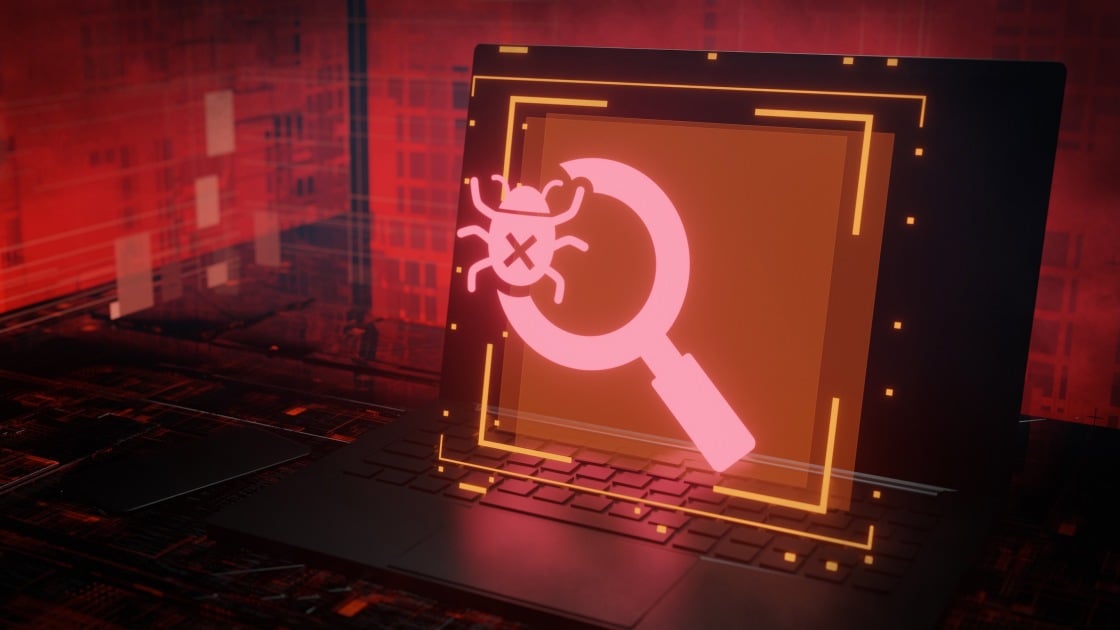I do leave just a couple of days of a window...from "death Tuesday" patch release day....we run our patching on Thu/Fri every week. Gives Microsoft a couple of days to pull a bad release...fix it (patch it...lol)...and re-release it.
Well, I have no objection to taking the, "let's avoid the bleeding edge, but for as short a time as is reasonable," for updating in general. A couple of days for "patch Tuesday" patches is perfectly reasonable (though I cannot remember the last time one was truly catastrophic in outcome).
I find, and not only in this business, that most people are entirely incapable of accurate risk assessment. They will take either worst-case-type scenarios they've experienced, or think that because they've been "blissfully untouched" for years as the starting points for considering courses of action. Neither yields a good result, and either often yields a result that is entirely reality-divorced.
When it comes to updates, for decades after the attitude, "We have to hold off on this for {insert at least months, possibly to years}," for typical updates because they could be "bad updates" should have died, it persisted and I'd say even grew in strength. The introduction of "software as a service" and rolling out updates in cohorts, with telemetry monitoring between said cohorts to "take the pulse of what's actually happening," very rapidly made the "bad update" a thing of myth, particularly for patch Tuesday type updates. There may be one of the very early cohorts that very rarely has a "crash and burn" but that is limited to that cohort and the "pull, and fix by patching," occurs promptly and before it continues to roll out.
Focus on the remotely possible, rather than the very probable, invariably gives bad results. It results in "far too restricted" (if the focus is on highly improbable negative results) or "far too lax" (if the focus is on highly improbable "it's all good" when it isn't likely anywhere close to *all* good) practices. These "tails of the bell curve of risk" focuses end up creating overbearing caution/unnecessary paralysis or smoldering heap/disaster breach, respectively. There is a middle ground.

 www.pcmag.com
www.pcmag.com

